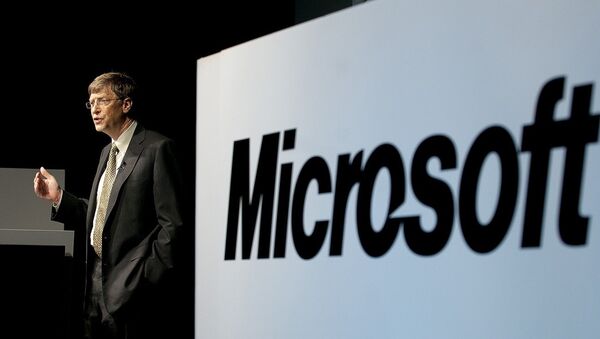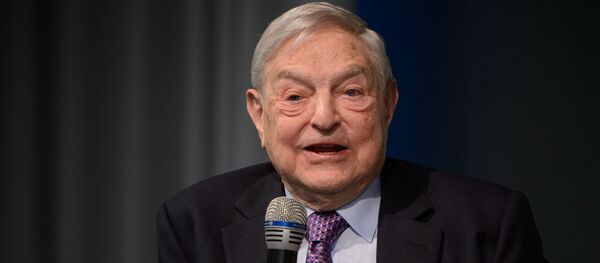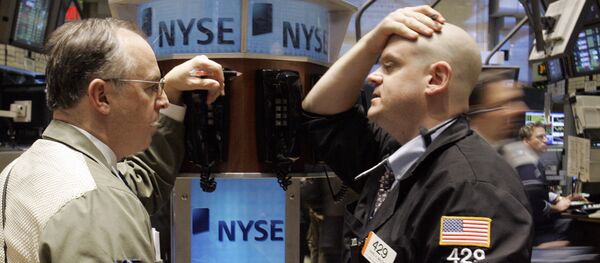Corporate sector optimism has gained further support from stronger consumer confidence and moderate growth in the energy sector, while anticipations of protectionist customs tariffs, lower taxes and greater infrastructure spending from the US budget have all brightened the outlook for this year. However, the still-high corporate taxes somewhat hindered the private sector sentiment.
The Q4 earnings of Alphabet Inc., the owner of Google, surpassed previous estimates due to a rapid expansion of the company's cloud-computing services and a surge in YouTube advertising. High taxation rates, on the other hand, impaired the investors' cheer.
Overall, Alphabet's revenue rose 23pc, by $21.2 bln year-on-year, compared to earlier market predictions of a $20.6-billion growth. Profit-per-equity, however, fell short of estimates at $9.36 compared to $9.63 expected earlier because of prohibitively high corporate taxes, at 22pc now compared to 5pc one year earlier.
On Wall Street, Alphabet's stock dropped 2.2pc as lower profitability weighed on investor sentiment, stirring concern regarding excessive governmental interference and hindering the effects of an actual business expansion.
"It was a good quarter revenue-wise, but margins were a little light because some of the strongest revenue growth came from licensing and other business that are less profitable," Ken Sena of Evercore ISI said.
Another tech major, Microsoft, also beat earlier predictions, mainly due to the rapid expansion in its cloud services, where revenue almost doubled for certain products. Orders for hardware, such as data-center processors, also posted gains.
"As long as the cloud is growing, people are happy," Mark Moerdler of Sanford C. Bernstein & Co. said. "If margins are growing, people are even happier."
Microsoft is aiming to increase its revenues to $20 bln per year in their cloud business alone. Currently, the figure stands at $14 bln.
Meanwhile, Intel saw a 30-percent annualized increase in sales of cloud server chips. However, orders from private and governmental entities dropped 7pc year-on-year.
"It's moving to the public cloud, it's moving to those areas at a faster rate than I think we expected," Brian Krzanich, Intel CEO, said.
In other sectors, further gains in oil prices supported investor confidence in energy stocks, and overall, US corporate profits are poised to gain some 7pc for the fourth quarter, their largest gain in two years.
"If all the economic data is good, if the earnings are good and the market doesn't really seem to think anything (President Trump) says or does is negative, I don't see any downside," Randy Frederick of Austin, TX-based Charles Schwab said.
For this year, investors are expecting a 10-percent gain in their revenues, based off their expectations of the Trump administration's plan to invest $1 trln in infrastructure. However, as the current 10-year economic cycle draws to a close, the anticipated economic and financial market expansion might be damaged to profit-taking closer to the decade's end.
"We think there is going to be a cost to this growth in the form of a downturn in 2019 — if we get the full Trump plan, there is a bigger boom in 2017 and 2018, then a bigger bust in 2019," Tim Drayson of Legal & General Investment Management said.





